Something about dark and troubled times brings out the poetic resilience in artists, as Seattle musician and poet Brittany Davis proves on her latest album, Black Thunder. Blind since birth, Davis knows what it means to extract light from darkness and express it in words. On "Amid the Blackout of the Night," one of several brooding epics on Black Thunder, Davis sings: "So many things I'll never see / But I've touched it all, it seems." Lines like these speak to vision beyond the physical, an urge for new ways of seeing.
Davis's view expands outward on songs like "Change Me" while addressing the iniquities of history, such as the harrowing tale of an abused slave on "Sarah's Song." Eight interludes entitled "Ancestors" (I through VIII) unify the album with gospel-inflected echoes of the past. Amazingly, all this music was improvised in the studio as Brittany Davis spoke, sang, and played piano to the spiritual jazz accompaniment of bassist Evan Flory-Barnes and drummer D'Vonne Lewis. The three musicians had never performed together before recording Black Thunder, but some strange magic must have crept in to make songs that sound so impromptu seem so composed.
Much has changed since Brittany Davis's 2023 debut album, Image Issues. Gone are the programmed keyboards, sampled drums, and rapped vocals of the previous album. In their place on Black Thunder are organic instruments, live takes, and vocals more reminiscent of Nina Simone than Queen Latifah. Poeticism informs everything Davis does—an approach inspired by Maya Angelou, whose "living timeless quality" Davis cites as a key influence.
Musically, Black Thunder incorporates both jazz and soul music. Sparse piano chords in "Sun and Moon" recall Alice Coltrane while Davis's emotive vocals on "Mirrors" evoke the likes of Cassandra Wilson and Erykah Badu. Spoken word passages remain, especially on "All You Get,” where Brittany Davis raps a tale of personal growth amid hardship. Josh Evans's production is clean and full without dulling the edges of Davis's raw poetic expression.
Our interview with Brittany Davis explores her creative process behind Black Thunder. We also took the opportunity to speak with Stone Gossard, Pearl Jam guitarist, Davis's bandmate in the supergroup Painted Shield, and co-owner of Loosegroove Records, which released both of Brittany Davis's solo albums. What follows is a wide-ranging pair of discussions touching on poetry, jazz, the recording process, and the advantages of releasing records independently on vinyl.
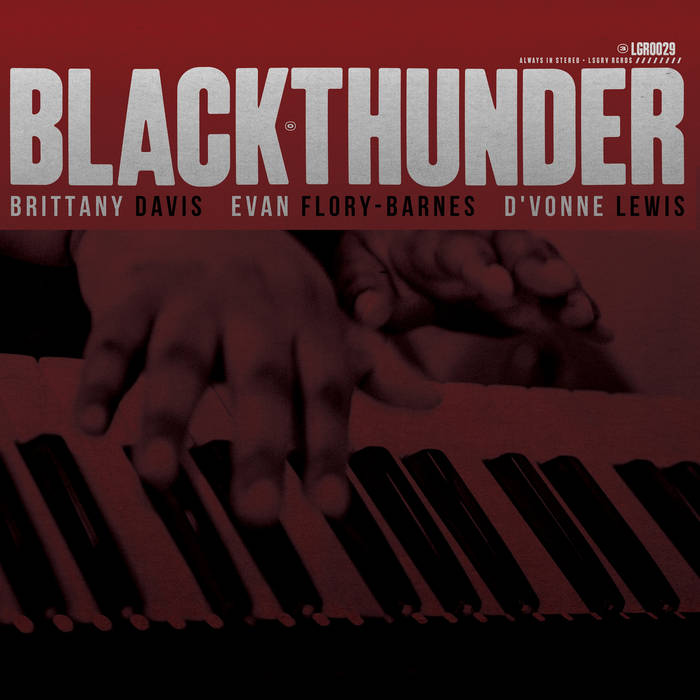
Part 1: Interview with Brittany Davis
Peter Thomas Webb: Black Thunder is quite different from your previous album, Image Issues—more jazz-influenced than hip-hop. What inspired this change in style?
Brittany Davis: I didn't even know that Black Thunder was going to be an album at the start. I thought I was just playing with some friends, and maybe some elements of what I was doing would be on a record. I just let my flag fly free on that one—just spoke from the soul, and that's how it came out.
Peter: How do both albums fit your overall musical vision?
Brittany: Both albums represent my desire to bring sound to life. Especially as I don't have my sight and my world is made from sound, all my information comes from it. I've always had a vision to make audio experiences with my music, not just an album to consume, but something to go on. Something that has layers and creates opportunity for deep thought and reflection.
Peter: You, Evan Flory-Barnes, and D'Vonne Lewis improvised Black Thunder in the studio, and yet some songs, including "Mirrors" and "Sun and Moon," sound as though they were composed, like classic soul music. How did you achieve that sense of completeness?
Brittany: There was really no thought to any of the songs except for when my fingers hit the keys. Metaphorically, I was just plugged in, on "Mirrors" especially. It made no sense how I was able to get the songs to fill up space as they did, but somehow the flood of thought that I was having in those moments allowed me to let my guard down and be a conduit for this authentic sound.
Peter: The three of you hardly knew each other before the recording sessions. Can you describe the atmosphere in the studio when you began the recording? How did it change over time?
Brittany: When the session started, we all had no idea where this was going. Like me, they thought of it as another recorded jam to get some ideas down, but as the words and rhythms began to flow, I think we all realized that something special was happening. There was a charge in the air, and it was as if we all started to put out our strongest signals. We channeled all our experiences and levels of training to cultivate Black Thunder.
Peter: What role did the producer, Josh Evans, have in making Black Thunder?
Brittany: Josh was, as he always is, one of the most essential pieces of the process. He was the glue for this album. It was his idea to bring Evan to the sonic party. That man does magic with mixes that I do not have the qualifications to talk about (laughter). Simply put, his mastery over mixing the tracks and organizing people with totally different musical backgrounds for a common goal is invaluable.
Peter: I hear hope in your lyrics, but also, at times, outrage. In "Sarah's Song," for example, you tell the story of an enslaved woman with sympathy for her and indignation against her male oppressors. I'm reminded of Toni Morrison's or Alice Walker's work. To what extent do you see your music addressing historical injustices?
Brittany: This question made me think, and I had to take my time with it. On the one hand, I hope I do hit some of the frequencies that keep things like the history of enslavement alive and well. I want it to stop on all levels in every spectrum. On the other hand, I wasn't really speaking as myself in that track. That was Sarah's sister or maybe even her friend, someone who witnessed the desecration of her soul, mind, and body. I was only a vessel for that story and cannot take full credit for the words and views on that track. My music is a highway, and sometimes I have to take the exit marked 'historical injustice.' There will be pain there, hopes that were never realized, and deaths that are worse than the physical ones we all experience. There is also love, growth, and rebirth for nations that were lost. With my music, I will honor those places and people, but I will always find my way back home.
Peter: In what ways, if any, do you see your music addressing social, cultural, and racial injustices in the present?
Brittany: However it needs to. My sound is open-minded and full of surprises, even for me. If the culture speaks to me, then I will speak back in my own way and time.
Peter: "Amid the Blackout of the Night" is an astonishingly beautiful song. Lines that stand out include: "I've always wondered how a star would shine / If they were visible to me." It sounds like you are referencing your blindness here, but also much more.
Brittany: "Amid the Blackout of the Night" was one of the first songs we played once Evan was added to the mix. I call that the birthing place. It was about my blindness. But also how I've had to fill in so many gaps with my imagination. Eighty percent of the information humans take in is visual. So I'm trapped between this constant cycle of building my own world and learning about the one I live in, yet I can't see it. I feel lifted by sound and touch, and left out by the visual completely. I'm expected to base my expression on a visual context I will never understand or relate to. That's the cradle of the entire album—the feeling of being told you are a part of a beautiful living mosaic you will never see how to fit into.
Peter: The longer songs on Black Thunder are interspersed with the "Ancestors" series of short tracks. What purpose do the "Ancestors" interludes have in the flow of Black Thunder?
Brittany: The ancestors are the focal points of the album. No matter what you hear, no matter what you feel, the ancestors will guide you home. They live in the analog spaces in our lives, when we feel the most vulnerable, between the push and pull of existence. The bittersweet moments where you feel so high with love, you can't believe you've made it this far. Then, in the same moment, you realize there's no turning back, hoping you have what it takes to make it all the way. That's where the ancestors live, singing, praying, marching on with you.
Peter: Are there any other specific influences or inspirations for Black Thunder?
Brittany: Nina Simone is one, for the depth of consciousness and processing power she put in each track. Holding her confidence in not only her excellence, but also her belief in all her black brothers and sisters' true excellence and power. Maya Angelou is another, for that poetic living, timeless quality that brings presence to anything she does—a song, a book, a conversation. I feel the flight in her words as well as the earth from which she came. That was all over Black Thunder for me. Monique Franklin is also a great poet and a strong Black presence in the Seattle community. She taught me how to break ground in my poetic space and own my truths. I felt like my music was for the market, but she showed me that the music I make is first from, and for, my soul.
Peter: What are your upcoming plans for 2025? Are there any performances or future projects in the works?
Brittany: I am so excited to be going back to Europe this fall. Also, I'm slowly but surely working on my first gospel album. I'm thrilled about that project and the people I can reach with that beautiful message.
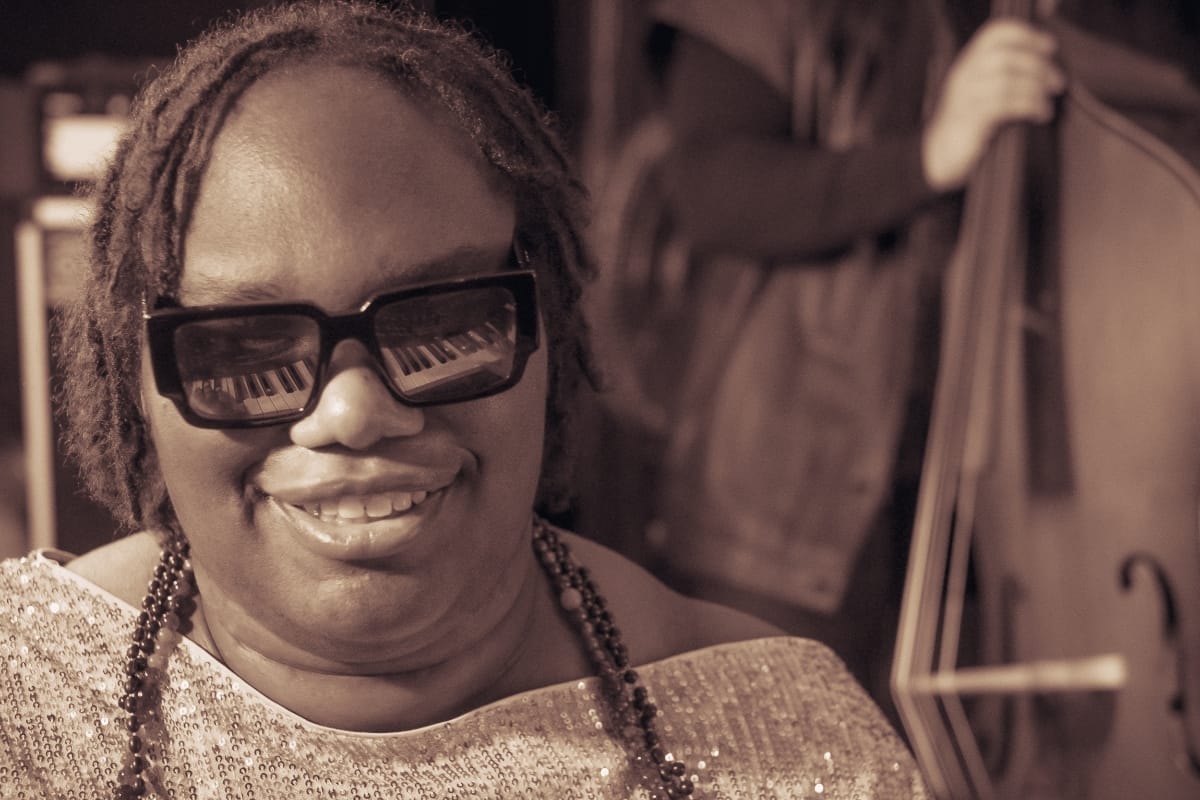
Part 2: Interview with Stone Gossard
Brittany Davis's solo albums Image Issues and Black Thunder have both appeared on Loosegroove Records, a Seattle-based independent label founded by Pearl Jam guitarist Stone Gossard and Brad drummer Regan Hagar in 1994. Notable early releases by the label included the debut album by Queens of the Stone Age. After a twenty-year hiatus from 2000 to 2020, Gossard and Hagar revived Loosegroove Records, and the label began releasing new material, including albums by Gossard’s side project, Painted Shield, a band that features Brittany Davis on vocals.
Peter Thomas Webb: How did Loosegroove Records first get started?
Stone Gossard: We started Loosegroove in the mid-1990s, and we did it for about five years. It was very cool and we loved it, but it was bigger than I was at that time, and I couldn't quite maintain the energy that was required. So when we stopped the label, it left a hole in our relationship. I feel that when the Painted Shield record was finished, and as Regan was starting to play a lot more, we had the notion that we should start Loosegroove back up again. It's five years now that we've been going again, and it's been an incredible experience.
Peter: What’s special about the relationship between you and Regan Hagar?
Stone: Regan Hagar has influenced me more than probably any single person in my life in terms of rock and roll and art—seeing the possibilities of all the things that are beautiful about music. He was the first person to turn me on to Prince and the first to turn me onto Parliament-Funkadelic. He was the first person to turn me onto Freddie Mercury, dance music such as Frankie Goes to Hollywood, and all sorts of beautiful music that I hadn't been paying attention to.
Peter: Did Brittany Davis play any special role in the label finding its feet again?
Stone: Brittany was a big part of it—hearing her talent and the amazing quality of her songwriting and her incredible improvisational wizardry on the keyboards. Her songwriting and her huge spirit were enormous things for me to be involved with and help elevate.
Peter: How did you first meet Brittany?
Stone: I met Brittany through a woman named Om Johari in Seattle, who is an old friend of mine since high school. She was putting music together in Seattle and doing collective musical projects with a lot of women—many artists of color—and really wanted to get into Studio Litho and have some folks do some work. One of the people she had been hearing about in Seattle was Brittany Davis, who had moved to Seattle from Kansas City, was blind, and was playing in sessions and jam nights, tearing it up as a keyboard player. At that time, she was a background vocalist but hadn't yet been focusing on her singing and songwriting as much.
Peter: How did the transition come about from Brittany working with Painted Shield to recording her solo work?
Stone: Once we got to know Brittany and started watching her at some of these sessions, some of the stuff from Painted Shield started to form. More importantly, in her songwriting and demos, we were starting to witness her incredible prowess. So it was a big deal.
Peter: What are your thoughts on Brittany's new album Black Thunder?
Stone: Five years later, we've been in the studio making lots of music, and the apex is probably Black Thunder, a record made almost two years ago. We've been waiting for the opportunity to present it, and it's a monster. Again, the things that attracted me to Brittany are her improvisational prowess, her ear, just being able to play over anything. Her sense of humor, grace, and spirit are phenomenal, and she puts everyone at ease. For anyone who sees her playing music live, the honesty she expresses is just transcendent.
Peter: Were you surprised when Brittany decided to improvise the whole album?
Stone: On this Black Thunder record, for her to be able to go in and improvise, create whole arranged pieces with storylines and lyrics that tie together in a way that have a through line and have a path—that level of songwriting, complete ideas in the moment, is something very rare. I just hope that Brittany brings more and more of it to the world, because it's phenomenal, particularly in the live setting. I can't wait for her to play live with Evan and D'Vonne Lewis, who are both huge players on that record.
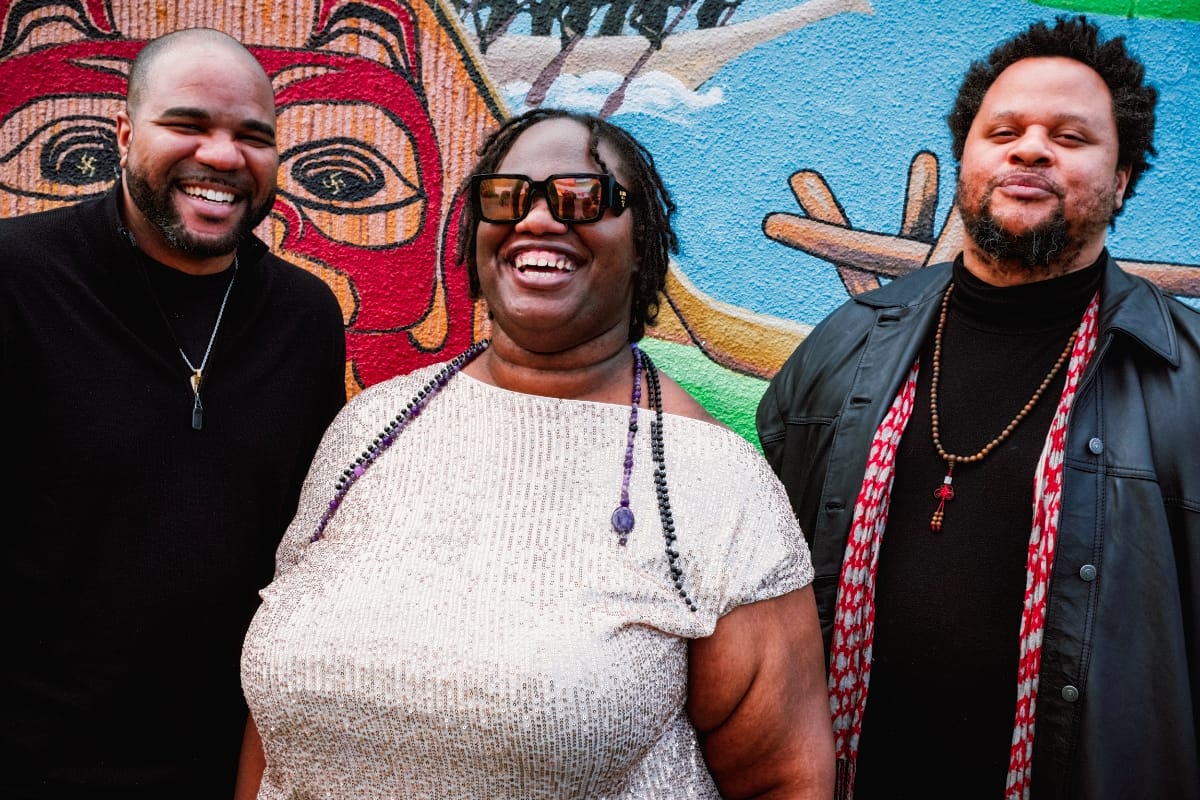
Peter: How do you think Brittany's work has grown between her earlier album, Image Issues, and the new one?
Stone: Hearing Brittany play the way that she played in Black Thunder was a revelation, because the essence of it was so jazzy and it felt so authentic. Most of what I'd heard from Brittany was on the R&B side, which was absolutely stunning—she has so much power and skill. But being able to hear that jazz tonality, where the keys and the scales are outside of these normal pop things—it moves into this bigger musical environment that's not so glued to major and minor scales. It is bigger than both of those things in a way, or at least that's how I imagine it. I think of it as a revelation, her exposing that side of her songwriting with an ability to channel music in a way bigger than what she's done in the past.
Peter: Why do you feel it important to release so much of Loosegroove's catalog on vinyl?
Stone: Vinyl is going to be an enormous thing for Loosegroove in terms of the fact that it’s how people want to experience music. It's a vehicle for bands to present their music in a warm and cool hi-fi sort of way, and also a direct financial benefit for both the label and the bands. Because of the way that vinyl sales work, it puts money in the pocket of the band right away. You're not waiting on your hundredth of a cent per spin from Spotify.
Peter: So there's something about vinyl that defines Loosegroove as a label?
Stone: Vinyl is a great place for us to develop our label identity, for the artists to develop their own artistic identity in terms of the artwork. It allows artists to be able to get directly to their fans and find a vehicle that gets music out, while bringing income in for the band. So it's a big deal for both the label and the artists.
Check out more like this:
 The TonearmLawrence Peryer
The TonearmLawrence Peryer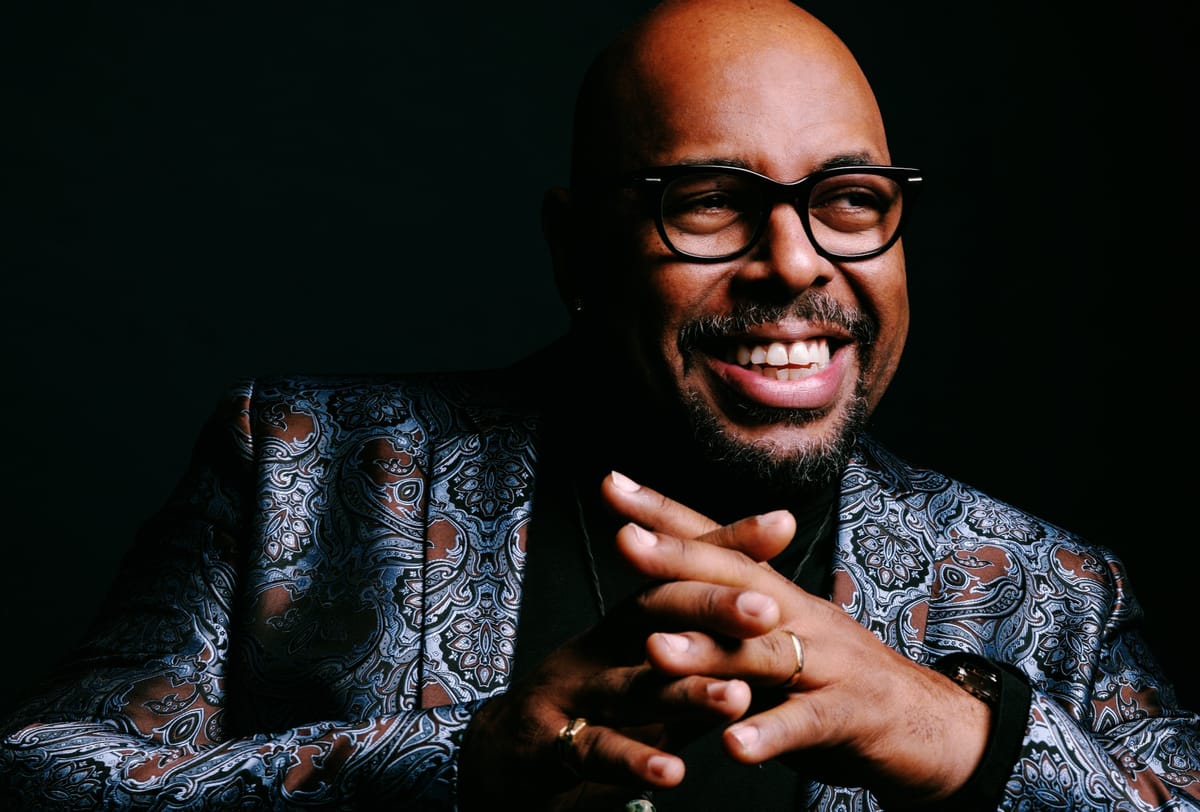
 The TonearmLawrence Peryer
The TonearmLawrence Peryer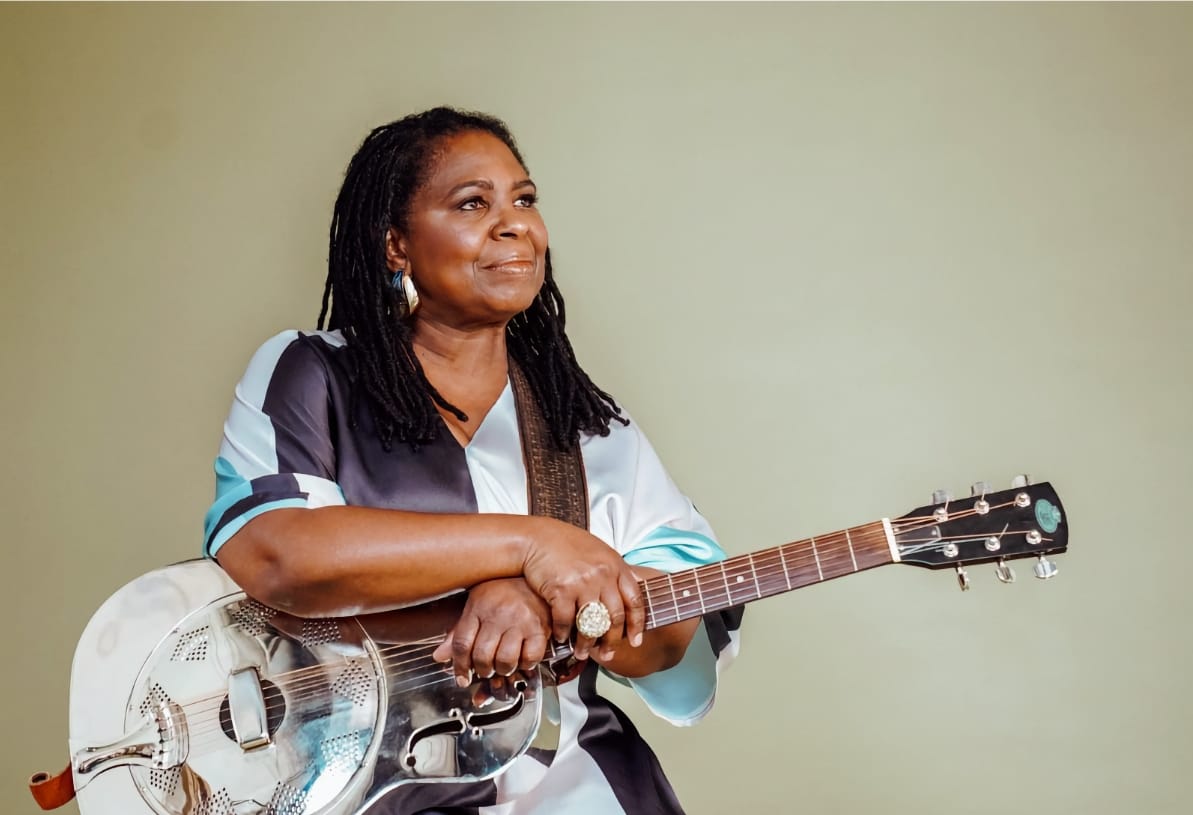


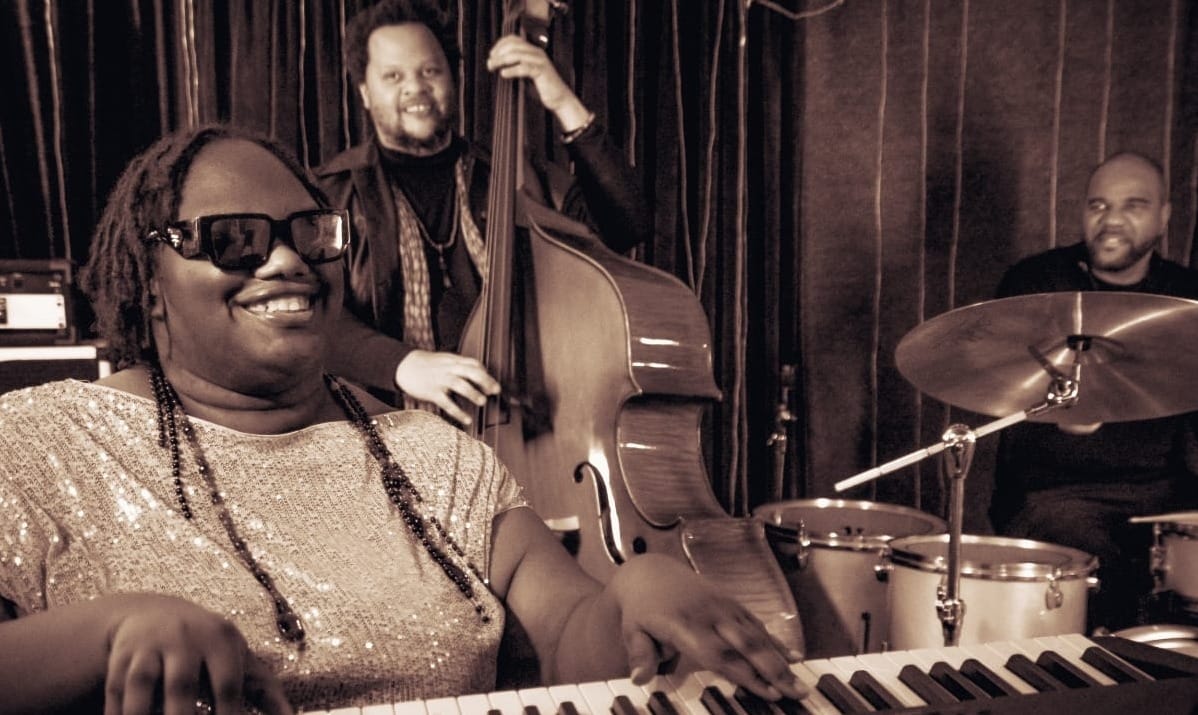
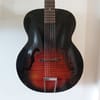
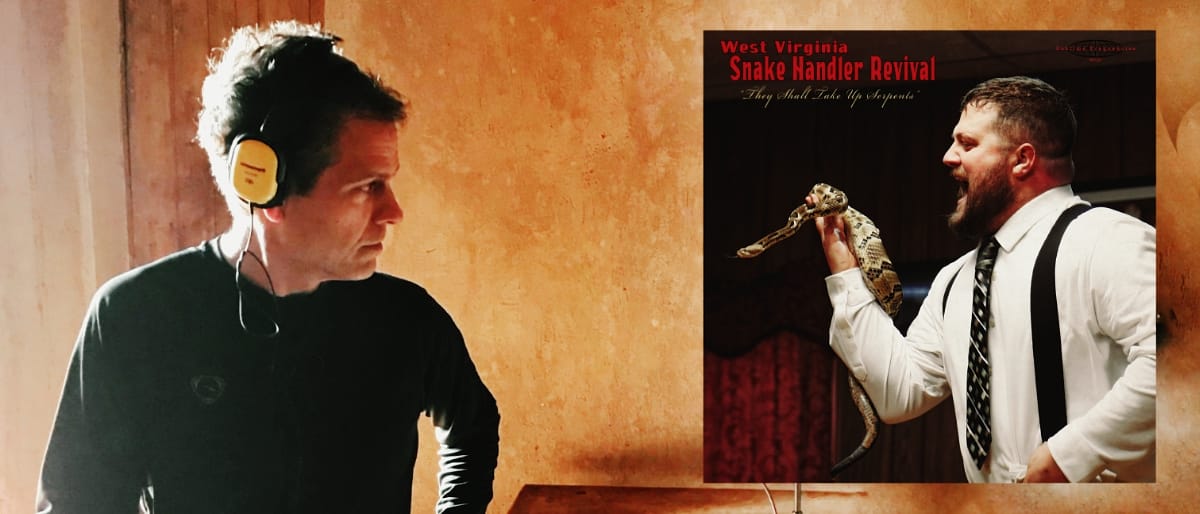
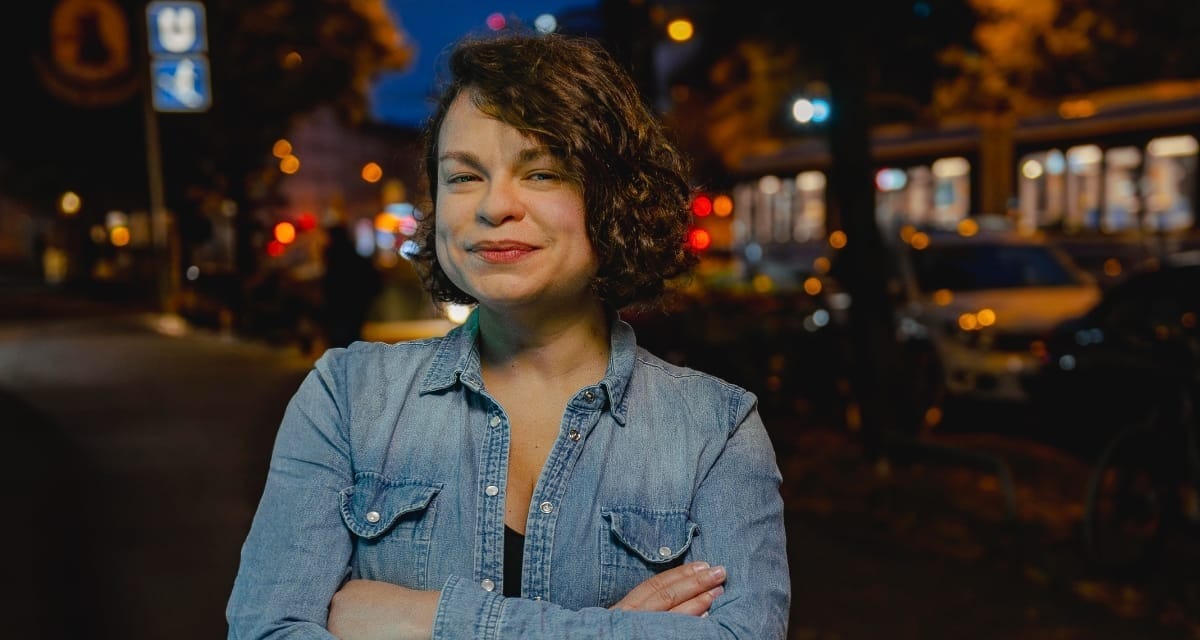
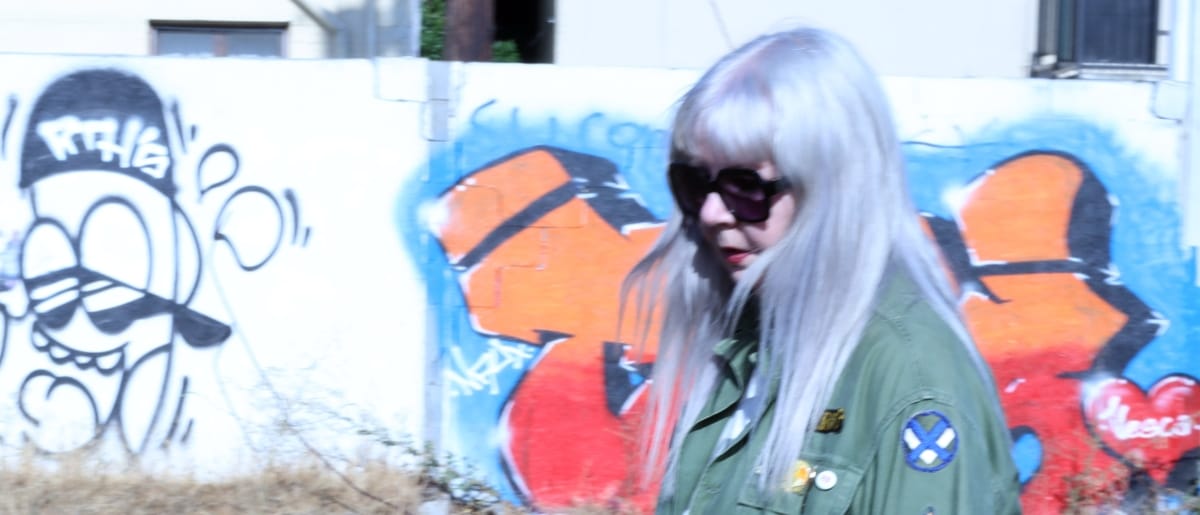
Comments